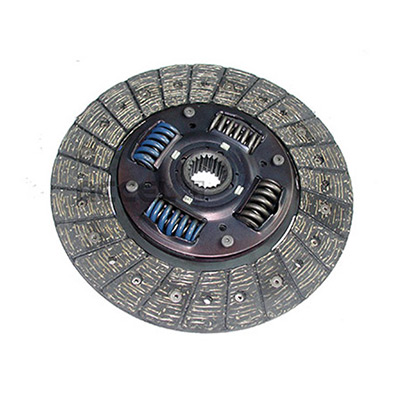Mobile:+86-311-808-126-83
Email:info@ydcastings.com
Spanish
Understanding the Role of Impellers in Pump Performance and Efficiency
The Role of Impellers in Pumps A Comprehensive Overview
Pumps are quintessential devices in various industries, serving the essential purpose of moving fluids from one place to another. One of the key components that determine the efficiency and effectiveness of a pump is its impeller. This article will delve into the importance of impellers in pumps, their working principles, types, and applications across different sectors.
What is an Impeller?
An impeller is a rotating part of a pump that transfers energy from the motor that drives the pump to the fluid being pumped. It typically consists of a series of blades or vanes, which are designed to accelerate and direct the flow of fluid. The impeller's design and shape vary based on the pump type and the specific application it serves. It plays a crucial role in creating the pressure differential needed to move fluids through the pump and into the piping system.
Working Principles
The operation of an impeller is based on the principles of fluid dynamics. When the impeller rotates—typically driven by an electric motor—it imparts kinetic energy to the fluid through its blades. This process can be broken down into a few key steps
1. Fluid Entry The fluid enters the eye (the center) of the impeller, where it is drawn in through the suction inlet. 2. Acceleration As the impeller rotates, the blades push the fluid outward, increasing its velocity and kinetic energy. This acceleration occurs due to the centrifugal force generated by the rotation.
3. Pressure Increase Once the fluid exits the impeller, it enters the volute or diffuser section of the pump. Here, the high-velocity fluid is decelerated, which converts kinetic energy into pressure energy, facilitating fluid movement through the discharge outlet.
This energy transformation is critical in ensuring that the pumped fluid reaches the necessary pressure and flow rate for its intended use.
Types of Impellers
Impellers come in various designs and configurations, catering to different fluid movement requirements
. The most common types include1. Closed Impellers These have blades enclosed between two disks, ensuring efficient flow and minimal turbulence. Closed impellers are suitable for most general pumping applications.
impeller in a pump

2. Open Impellers These consist of blades that are exposed and not enclosed by a rear disk. Open impellers handle fluids with solids and are ideal for applications in wastewater treatment.
3. Semi-Open Impellers A hybrid design featuring a partial enclosure. Semi-open impellers provide a balance between the efficiency of closed impellers and the solid-handling capability of open ones.
Each type has its unique advantages and is chosen based on the specific pumping application, desired flow rates, and the nature of the fluid being pumped.
Applications of Impellers in Pumps
Impellers are used across a broad spectrum of industries, underlining their versatility and significance. Below are some key applications
1. Water Supply and Irrigation In municipal and agricultural settings, impellers in centrifugal pumps help in distributing water efficiently and effectively, ensuring that communities and crops have access to necessary resources.
2. Chemical Processing Industries that handle chemical fluids rely on specifically designed impellers that can withstand corrosive environments while ensuring a steady flow rate.
3. Oil and Gas In the extraction and refinement of oil, impellers play a crucial role in moving crude oil through various stages of processing.
4. HVAC Systems Impellers are pivotal in circulation pumps, helping to control temperature and improve air quality in heating, ventilation, and air-conditioning systems.
Conclusion
Impellers are critical components of pumps, integral to the functionality and efficiency of fluid movement across various sectors. Understanding their design, operation, and application allows engineers and technicians to select the right pump for specific tasks. As technology advances, the design and materials used for impellers continue to evolve, enabling pumps to handle more complex fluids, operate at higher efficiencies, and maintain longevity in demanding environments. By appreciating the crucial role of impellers, industries can enhance productivity, reduce operational costs, and ensure reliable fluid transport solutions.











